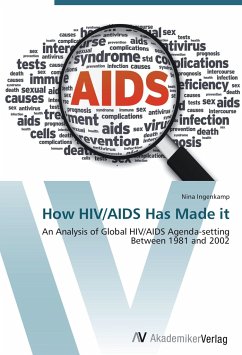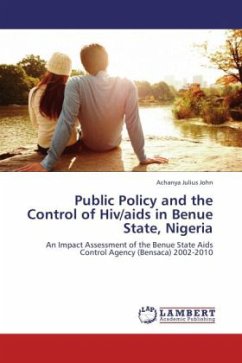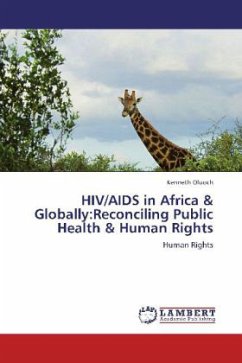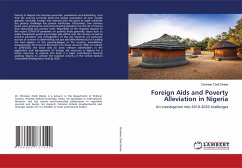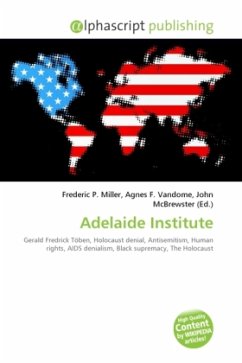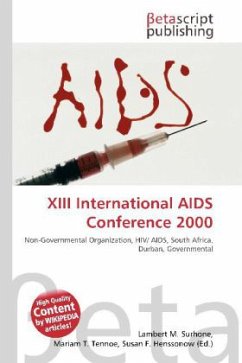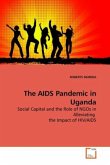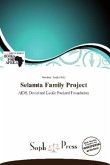Revision with unchanged content. HIV/AIDS has made it: It has become an issue of global governance. This is extraordinary since diseases such as Tuberculosis and Malaria have killed more people, but have never received that much global attention. This book's objective is to analyze what sets HIV/AIDS, and the global advocacy actors behind the disease, apart from other health issues. Mainly based on interviews and the analysis of primary documents, this book retraces the time between the discovery of the first AIDS symptoms in 1981 to the establishment of the Global Fund in 2002. It shows that HIV/AIDS has undergone significant reframing over the years, which has both delimited and enabled its extraordinary global response. Theoretically, the process of agenda-setting is explained through a model that combines rationalist with constructivist elements and adds to the bridge-building debate between the two IR theory camps. You should read 'How HIV/AIDS has made it' when you are interested in an insightful history of the first global disease; when you are looking for an example of global agenda-setting; and/or when you want to understand how change in world politics can theoretically be explained.

